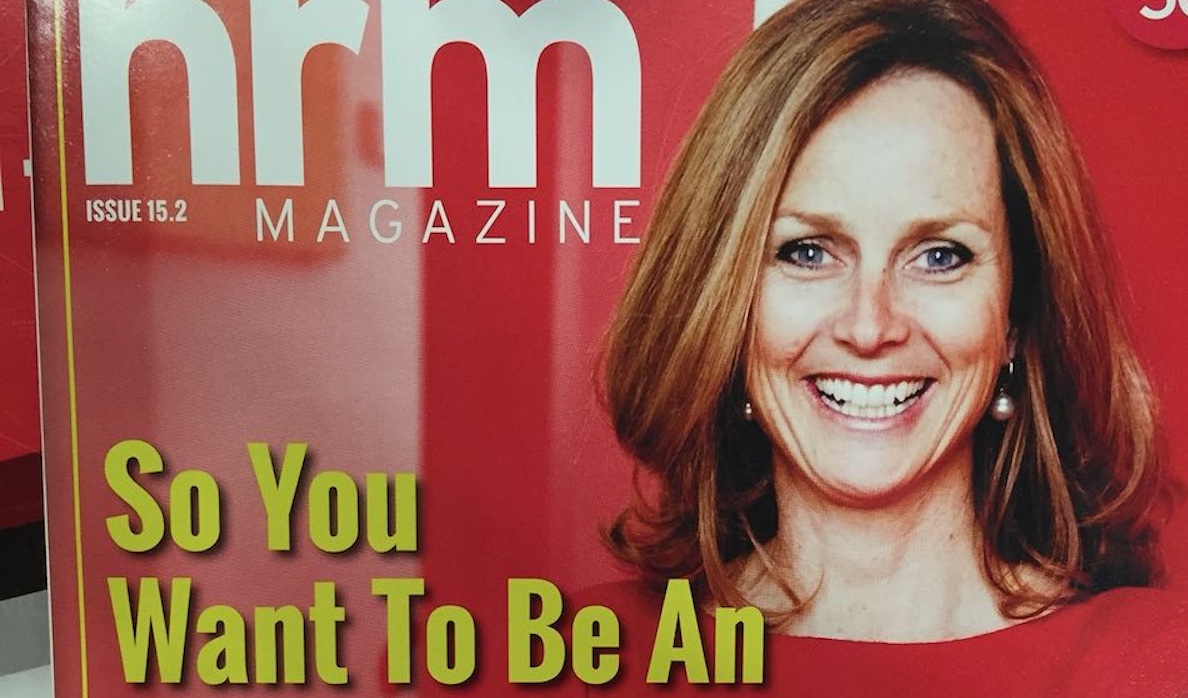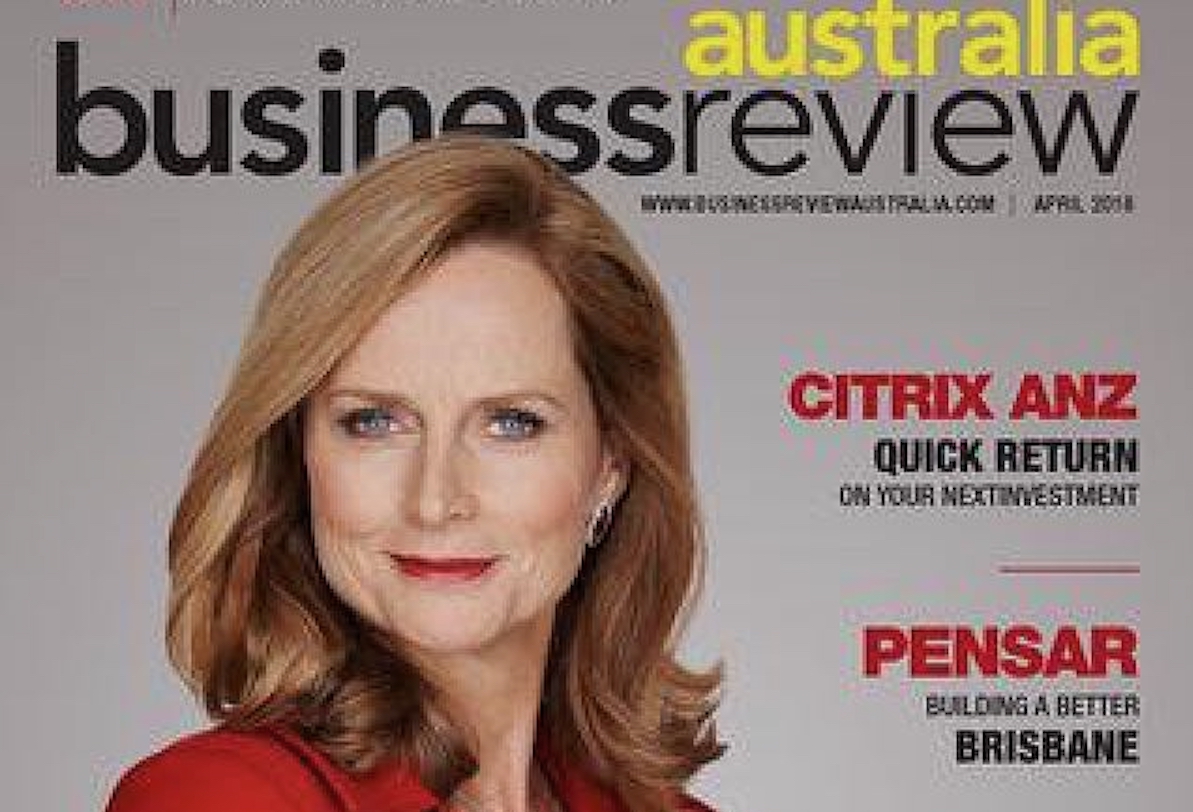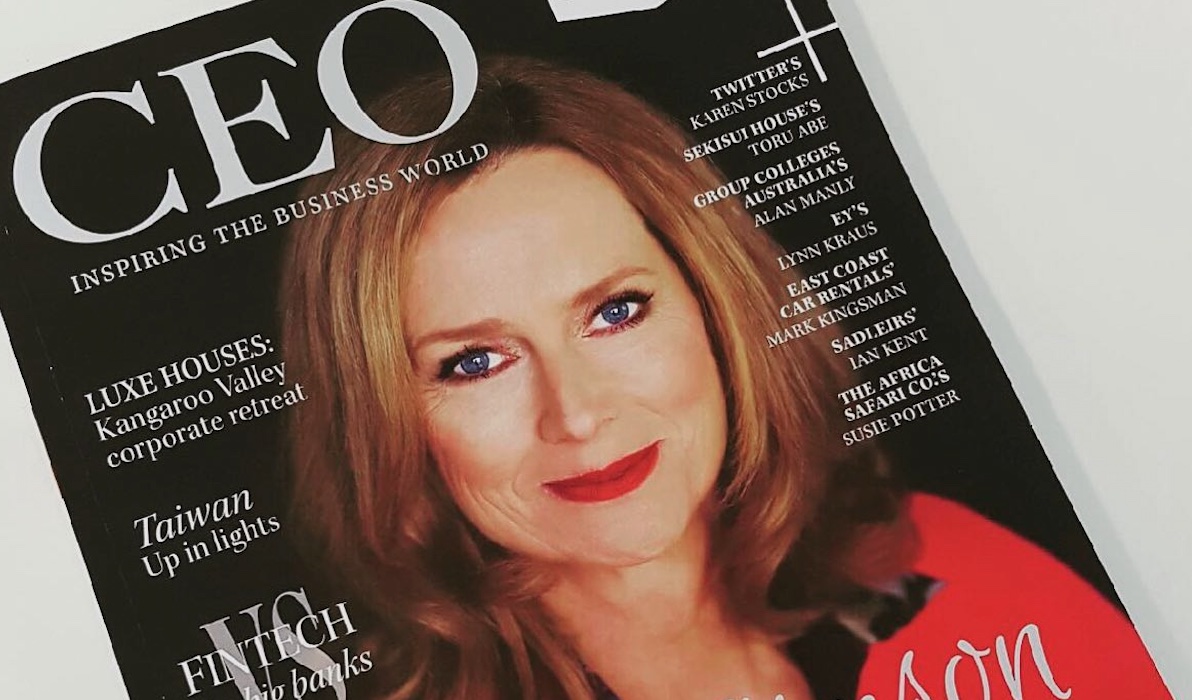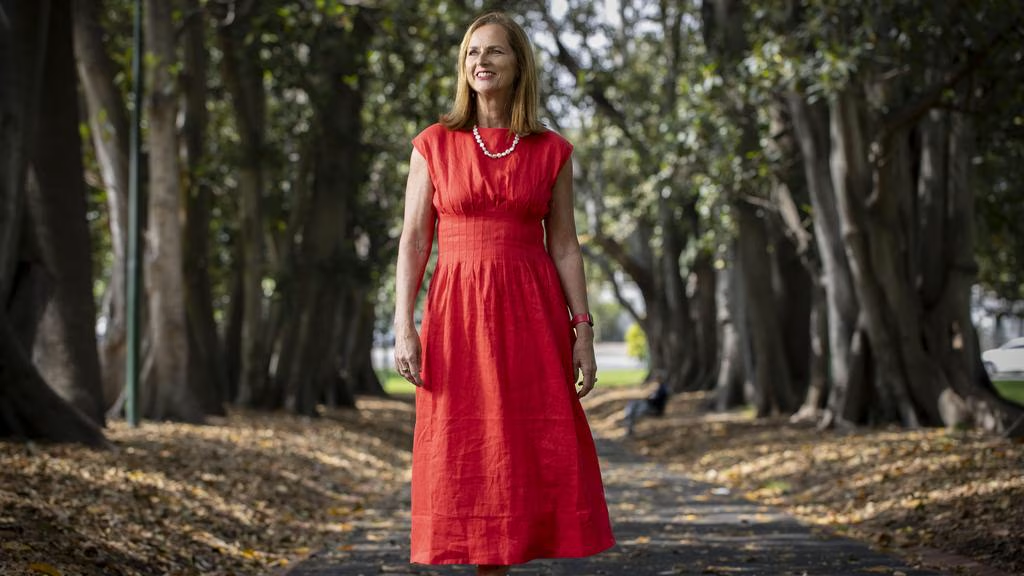Let’s have a brutally honest chat. When you hear the term "personal brand," what comes to mind?
For many, it's a slick headshot, a carefully curated Instagram feed, a consistent colour palette, and a bio filled with buzzwords. It’s seen as a project of external construction—a polished, professional mask to be designed and worn for the world. It’s about building a billboard of yourself.
I am here to tell you that this is one of the most dangerous and superficial misconceptions in the modern business world. That is not a personal brand. And a billboard, no matter how glossy, is very easy to ignore.
After more than forty years in business—from my foundational years in the corporate world of IBM and Apple, to the terrifying, all-in leap of starting RedBalloon from my living room, to the intense scrutiny of the Shark Tank chair, and the daily responsibility of leading the team at Big Red Group—I have learned a fundamental, unshakeable truth.
Your personal brand is not what you say you are. It is the sum total of what you do. It is the consistent, lived-in, and hard-earned reality of your reputation.
As Jeff Bezos famously said, "Your brand is what other people say about you when you're not in the room." It is not a project you complete; it is a reputation you earn, day by day, interaction by interaction, promise by promise.
This evolution in thinking—from a superficial "brand" to a deep, authentic "reputation"—is the most important mindset shift any entrepreneur or leader can make. It is the difference between fleeting influence and a lasting legacy. It's a topic so critical to sustainable success that I dedicated a recent podcast episode to exploring what it truly means to go "Beyond the Personal Brand." It's about moving from a "me" focus to a "we" focus.
Today, I want to give you my definitive guide. We will dismantle the myths and build a new, powerful framework for cultivating the only asset that truly matters: a reputation built on substance.

Deconstructing the Myth - Why the "Billboard" Approach Fails
The reason the billboard approach to personal branding feels so hollow and is ultimately so ineffective is that it starts from the outside in. It focuses on the packaging before it considers the product. This leads to a few predictable failures:
- It lacks authenticity: People have a finely tuned radar for inauthenticity. If the persona you project online is a stark contrast to the person your team or your clients interact with daily, that gap will be exposed. Trust will not just be lost; it will be shattered.
- It is exhausting to maintain: Wearing a mask all day is tiring. Constantly curating a perfect image is a draining, full-time job that takes your energy away from what really matters: doing the actual work of building a great business.
- It is fragile: A brand built on a superficial image can be destroyed in an instant. A single misstep, an off-hand comment, or a business failure can bring the entire facade crumbling down, because there is no foundation of substance to support it.
A true personal brand—a reputation—is built from the inside out. It is the external expression of your internal character and competence. It is not a mask; it is a mirror reflecting who you truly are.
My C-Suite Framework for a Rock-Solid Reputation

A powerful, enduring reputation is not built on a single element. It is a sturdy, three-legged stool. If any one of these legs is weak or missing, the entire structure is unstable and will collapse under the slightest pressure. I call this my "C-Suite" framework.
Competence (The "What")
This is the bedrock. It is the absolute, non-negotiable price of entry. Before you can have a reputation for anything, you must be demonstrably, undeniably excellent at something.
In my early career, I didn't spend a single minute thinking about my "personal brand." I spent every minute thinking about how to be the best marketer I could possibly be. At the University of Melbourne, I soaked up the theory. At IBM and Apple, I learned the practice from the best in the world. When I started my own marketing consultancy, and later RedBalloon, my reputation wasn't built on a clever logo; it was built on my proven ability to understand customers and deliver results.
Your expertise is the foundation. You cannot build a powerful reputation on a foundation of mediocrity or bluster. People must be able to trust in your competence. This requires a deep, humble, and lifelong commitment to your craft. It means being a student always, constantly learning, honing your skills, and delivering excellence not just when you feel like it, but consistently, as a matter of professional pride. This is the "no bulldust" rule. Your reputation must be backed by real, tangible skill.
Character (The "How")
This is the leg of the stool that ultimately determines the strength and resilience of your reputation. You can be the most competent person in the world, a genius in your field, but if people do not trust your character, your reputation is built on sand.
Character is not revealed when things are easy. It is forged and revealed in the fires of adversity. It is the answer to the questions:
- How do you behave when you make a mistake?
- How do you treat people who have nothing to offer you?
- How do you act when no one is watching?
When I sat in the red chair on Shark Tank, I was investing in the founder as much as, if not more than, I was investing in their business. The pitch, the numbers, the product—that was a test of competence. But the way a founder responded to a tough question, the way they spoke about their team, their resilience in the face of my skepticism—that was a test of character. I was making a rapid assessment of their integrity, their coachability, and their grit. Why? Because I knew that when the inevitable, brutal challenges of scaling a business arose, it would be their character, not just their business plan, that would determine whether they survived.
Your character is the true north of your reputation. It is the answer to the silent question everyone is asking: "Can I trust you?"
Contribution (The "Why")
This is the pillar that elevates a good reputation to a great one. This is the element that truly takes you "beyond the brand." It is the conscious shift from a "me-focused" worldview to a "we-focused," community-oriented one.
A reputation built only on competence and character is solid, but it can be self-contained and transactional. A reputation built on contribution becomes a magnet. It creates a powerful gravitational pull. This is about generously and consistently sharing what you know, helping others succeed, and adding value to your community without any expectation of an immediate return on investment.
People often ask me how I built a following of more than 2.6 million people on LinkedIn. The answer is incredibly simple, though not easy. For over a decade, I have consistently shown up and shared what I've learned on my journey. I've shared the wins from the RedBalloon days, the tough lessons from business failures, the insights from the boardroom, and my observations on leadership. My goal was never to accumulate followers; my goal was to contribute to the Australian business community, to help other entrepreneurs feel less alone, and to share what I learn. The following has always been a byproduct of a consistent commitment to generosity.
When you focus on contribution, you stop being a "thought leader" and start being a "thought-giver." You build a reputation not just for being smart, but for being helpful. This is what creates deep, lasting loyalty and transforms a passive audience into a true, engaged community.
The Practical Application - How to Actively Cultivate Your Reputation

Building a great reputation is not a one-off project; it is a daily practice. It is the sum of a thousand small, consistent, and intentional actions. Here's how to make it real.
- Be Consistent, Online and Off: The person you are in a tense board meeting must be the same person you are in your LinkedIn posts, and the same person you are when you're speaking to a junior employee or the barista at your local cafe. Authenticity is the absence of fragmentation. If there is a gap between your projected online image and your real-world character, that gap will eventually become a chasm, and all trust will be lost.
- Master the Art of Storytelling: People don't connect with resumes; they connect with stories. Don't just tell people what you've done; tell them why you did it. Share the journey, not just the destination. The story of starting RedBalloon isn't just a success story. It’s a story of fear, of risk, of leaving a secure corporate job, of being told my idea would never work, of running the business from my house while juggling a young family. Sharing the struggle, the vulnerability, and the lessons learned from failure is what makes a story human and relatable. It builds a much deeper level of trust than a curated feed of endless perfection ever could.
- The Calendar as a Litmus Test: This is one of the most powerful and brutally honest exercises you can do. If you want to know what your personal brand really is, don't look at your bio. Look at your calendar. Your calendar is a perfect, unvarnished record of your priorities.
- You say you value your team? How much of your calendar is dedicated to one-on-one coaching sessions and team development?
- You say you value innovation? How much time is blocked out for deep thinking, research, and experimentation, versus back-to-back operational meetings?
- You say you value work-life balance? Where are the blocks for family, for health, for yourself?
Your calendar does not lie. It is the physical manifestation of your values. If there is a mismatch between the reputation you want and the calendar you have, you have found your most urgent area for change. This is a topic I explored in another podcast episode, because how you manage your time is how you build your brand.
Your Reputation is Your Legacy in the Making
Let’s move on from the tired, superficial term "personal brand." It encourages the wrong focus and the wrong behaviour. Let's start talking about what really matters: your reputation.
Your reputation is not built in a day. It is earned, moment by moment, interaction by interaction, promise by promise. It is the quiet, cumulative result of being excellent at what you do (your Competence), being a person of unwavering integrity (your Character), and being generous with your knowledge and your time (your Contribution).
It is the one asset that no market crash can devalue, no competitor can steal, and no social media algorithm can diminish. It is the foundation of your leadership, the core of your influence, and the living, breathing legacy that you are building with every single choice you make.
Don't spend your time building a billboard. Spend your life building a reputation so solid, so authentic, and so valuable that it speaks for itself long after you’ve left the room.
What is one action you can take this week to intentionally build your reputation, not just your brand?
Frequently Asked Questions (FAQs) on What is Personal Branding?
What is a personal brand?
A personal brand is essentially your professional reputation; it is the perception of who you are and what you stand for in the minds of others. It's the unique combination of your skills, experience, and values, consistently communicated. In simple terms, it's what people say about you when you are not in the room.
Why is having a strong personal brand important for my career?
A strong personal brand is a powerful career asset because it builds trust and credibility in your field. It helps you stand out in a crowded marketplace, attracts new opportunities (like jobs, clients, or partnerships), and allows you to proactively shape your own professional narrative rather than leaving it to chance.
What is the first and most crucial step in building a personal brand?
The most crucial first step is self-awareness. Before you can communicate your brand to others, you must be crystal clear on it yourself. This means taking the time to define your core values, identify your unique strengths and passions, and articulate what you want to be known for. This internal clarity is the foundation of an authentic brand.
What is the role of social media in personal branding?
Social media is a powerful tool for building and communicating your personal brand at scale. It provides a platform to share your expertise, voice your perspectives, and engage with a professional community. When used strategically, it allows you to consistently showcase your value and take control of your digital footprint.
How can I ensure my personal brand is authentic?
Authenticity comes from a deep alignment between your stated values and your consistent actions. An authentic brand is not a manufactured persona; it is a true reflection of who you are. The key is to be consistent in your messaging and behavior across all platforms, ensuring that the person people meet online is the same person they meet in real life.





